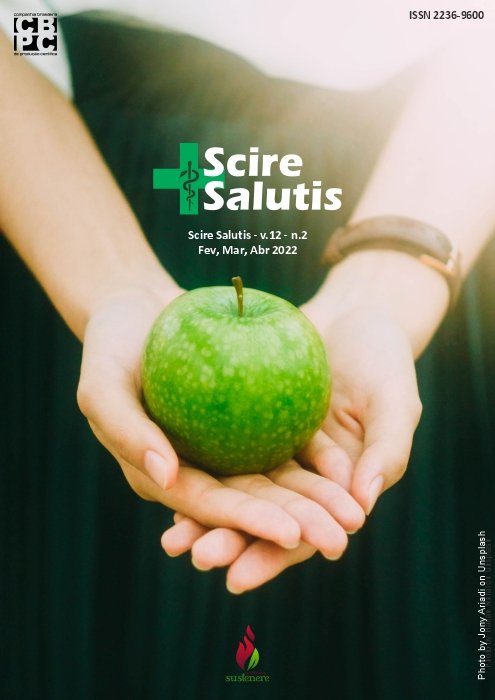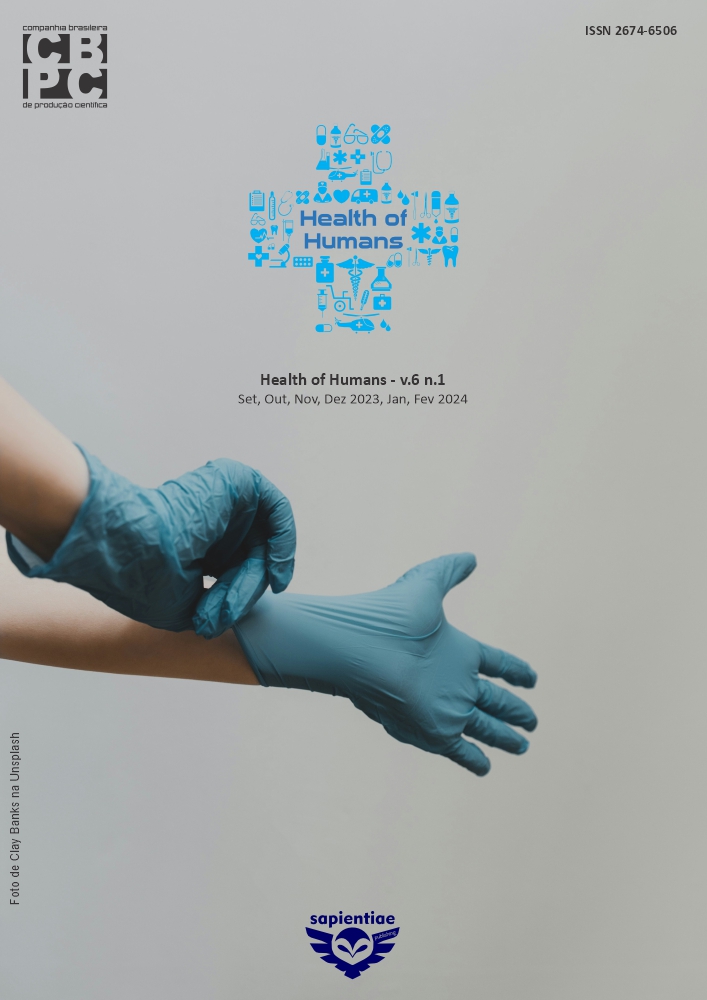Incidence of sickle cell trait in the donors of the hematology and hemotherapy center of Piauí in the year 2016
DOI:
https://doi.org/10.6008/CBPC2236-9600.2022.002.0023Keywords:
Sickle cell disease, Sickle cell trait, DonorsAbstract
Sickle cell disease is a genetic disorder characterized by a type of hemoglobin mutant, called hemoglobin S (or HbS), which causes a distortion of the erythrocytes, causing them to take the form of a sickle. The clinical complications of this disease present great variability. This heterogeneity of the clinical picture is justified by the interaction of genetic and environmental factors. Whereas the carrier state of the falcimic trait (HbAS) is asymptomatic with life expectancy similar to that of the population in general. However, considering the probability of procreation among sickle cell carriers, with the possible generation of offspring with sickle cell anemia, the objective is to investigate the incidence of sickle cell trait in blood donors treated at Hemocentro of Piauí, in the year 2016, and obtain socio-demographic data of this population regarding ethnicity, gender and blood typing. The results of these studies showed the incidence of 2.93% of donors with sickle traits distributed in 2.60% HbAS and 0, 37% HbAc, with blood type O +, male gender and mestizo ethnicity being the most found among donors diagnosed with variant hemoglobins. In this way, the incidence of hb variants in Piauí donors tends to present a frequency similar to the national incidence, being characterized by individuals of mestizo, O + blood type and male gender.
Downloads
Downloads
Published
Issue
Section
License
Copyright (c) 2022 Scire Salutis

This work is licensed under a Creative Commons Attribution-NonCommercial-NoDerivatives 4.0 International License.
The CBPC - Companhia Brasileira de Produção Científica (Brazil CNPJ: 11.221.422/0001-03) the material rights of the published works. The rights relate to the publication of the work anywhere in the world, including rights to renewals, expansions and dissemination of the contribution, as well as other subsidiary rights. All electronically published works may subsequently be published in printed collections under the coordination of this company and / or its partners. The authors preserve the copyright, but are not allowed to publish the contribution in another medium, printed or digital, in Portuguese or in translation.








